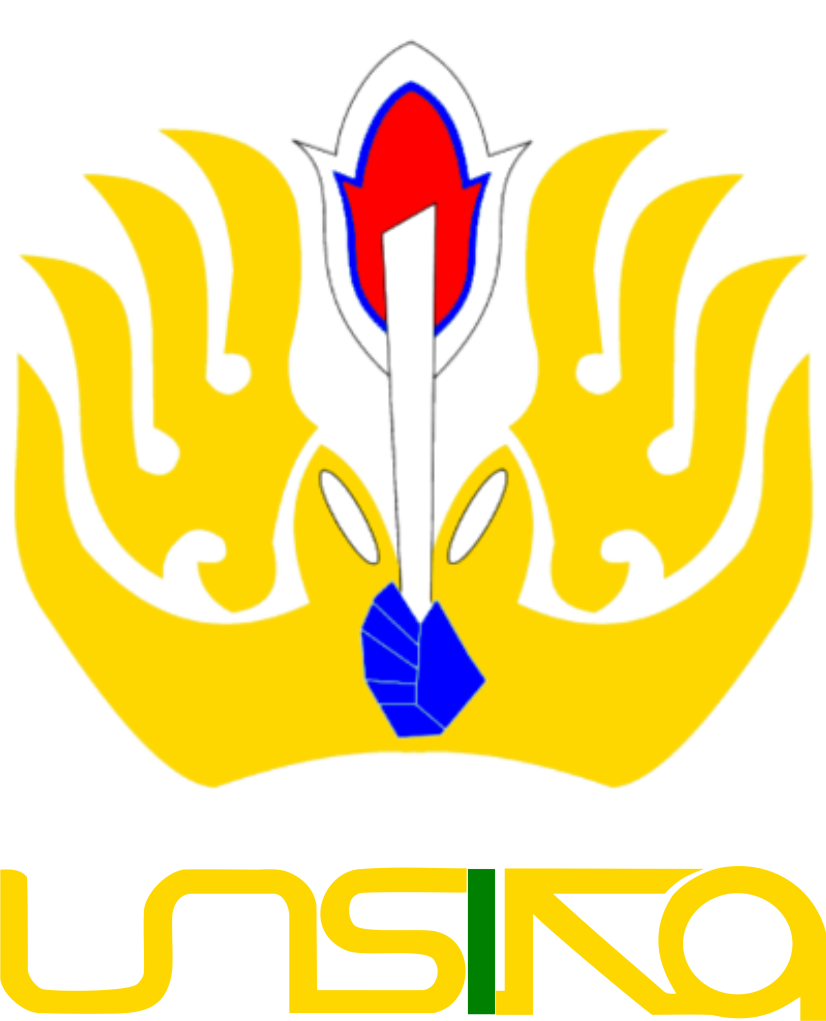Tentang Jurnal Ini
Fokus dan Ruang Lingkup
Proses Peer Review
REDAKSI JURNAL ILMIAH HUKUM DE’JURE: KAJIAN ILMIAH HUKUM
FAKULTAS HUKUM
UNIVERSITAS SINGAPERBANGSA KARAWANG
Jl. H.S. Ronggowaluyo Telukjambe Karawang
Telp. (0267) 640759; Faks. (0267) 640759
Website: www.unsika.ac.id
Email: dejure@unsika.ac.id
10. Proses review adalah double blind reviewdi mana Mitra Bestari harus independen walaupun telah mengetahui identitas penulis dan penulis tidak mengetahui identitas Mitra Bestari yang mengulas jurnal tersebut;
Frekuensi Penerbitan
J U R N A L I L M I A H H U K U M
J I H - DE'JURE - K I H
K A J I A N I L M I A H H U K U M
F A K U L T A S H U K U M
U N I V E R S I T A S S I N G A P E R B A N G S A K A R A W A N G
J I H - DE’JURE - K I H merupakan media publikasi ilmiah yang terbit sebanyak dua nomor dalam satu tahun (Mei dan September). Setiap Nomor Terbitan ("Issue") Berjumlah 10 (Sepuluh) Artikel.
Kebijakan Open Access
Pemeriksaan Plagiarisme
Biaya Pengisian Artikel
Etika Penerbitan
ETIKA PENULIS
1. Pelaporan
2. Keaslian
3. Kejelasan sumber
4. Tanggung jawab
5. Kesepakatan
6. Ketepatan waktu
7. Pengungkapan konflik kepentingan
ETIKA EDITOR
1. Netralitas
2. Pelaporan
3. Komunikatif
4. Keadilan
5. Profesional
6. Tanggung jawab
7. Pengungkapan konflik kepentingan
ETIKA REVIEWER
1. Netralitas
2. Profesional
3. Penjaminan mutu
4. Ketepatan waktu
5. Pengungkapan konflik kepentingan
ETIKA PENGELOLA JURNAL
1. Pengambilan keputusan
2. Kebebasan
3. Tanggung jawab
4. Promosi
5. Pengungkapan konflik kepentingan
Kontributor
ISSN (PRINT) BARCODE:

ISSN (ONLINE) BARCODE:

Sejarah Jurnal
VISI:
TUJUAN:
-
Membangun sinergitas baik dalam penelitian dan pengabdian tingkat nasional yang saling bekerja sama antarbidang dan antarfakultas untuk menemukan aspek kebaharuan di lingkungan Universitas Singaperbangsa Karawang;
-
Menghasilkan tulisan yang dapat mengembangkan ilmu hukum serta memiliki keunggulan dan daya saing, sikap kemandirian dan integritas yang tinggi serta solusi terhadap tantangan dinamika hukum dengan menjunjung moral dan etika;
-
Membentuk paradigma penelitian di bidang ilmu hukum yang berbasis kompetensi kemahiran hukum sesuai dengan perkembangan ilmu pengetahuan, teknologi, seni dan budaya serta diamika sosial masyarakat;
-
Melaksanakan perwujudan tri darma dibidang penelitian yang dapat diakses dengan mudah oleh masyarakat;
-
Terwujudnya kerjasama dan kemitraan yang lebih intensif dan ekstensif dengan lembaga lain dalam rangka pengembangan kemampuan dan kompetensi yang berkelanjutan demi terciptanya pendidikan hukum bagi seluruh masyarakat.















 Organized by: Lembaga Kajian Hukum, Universitas Singaperbangsa Karawang
Organized by: Lembaga Kajian Hukum, Universitas Singaperbangsa Karawang
